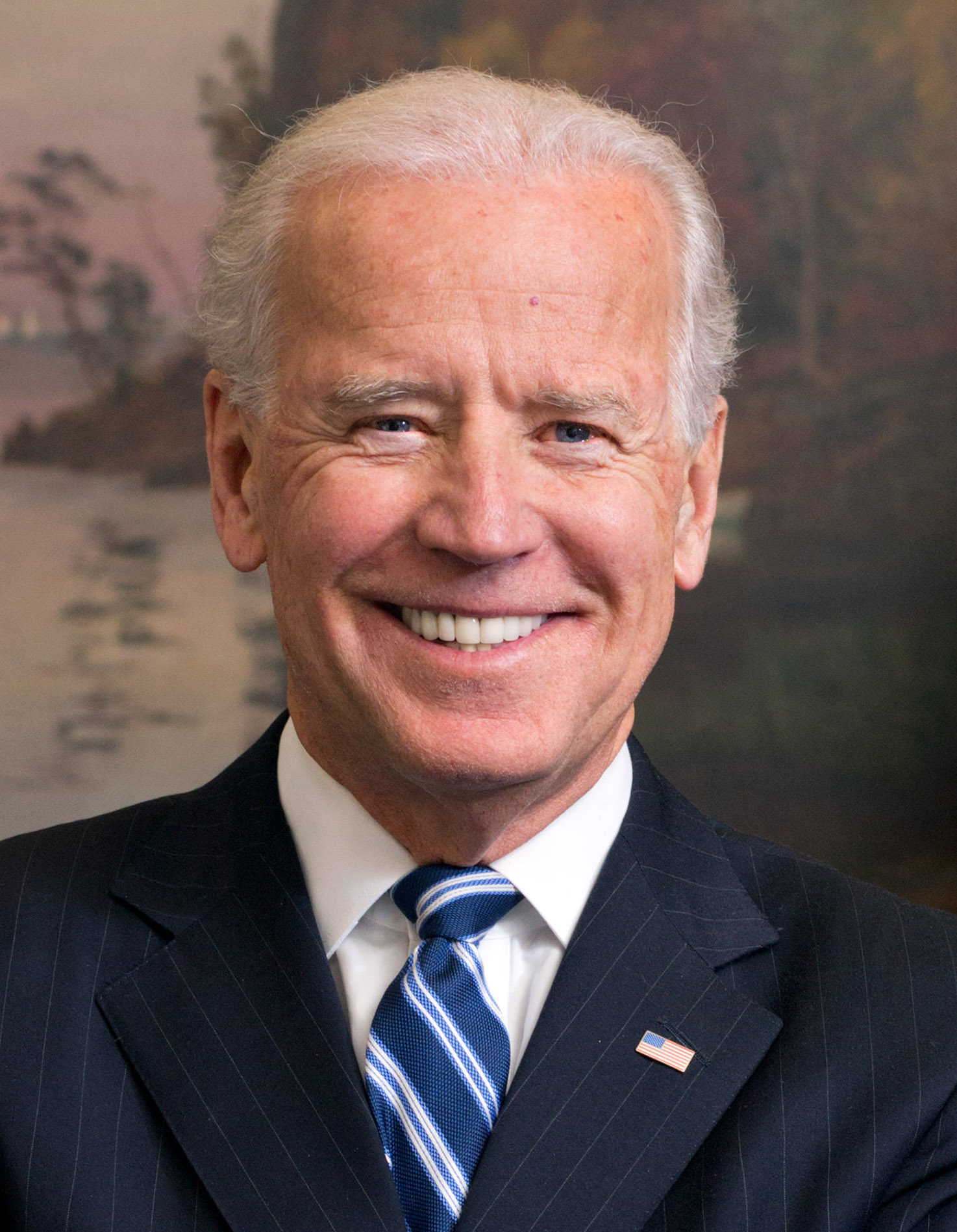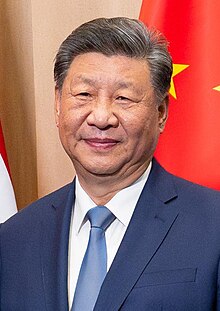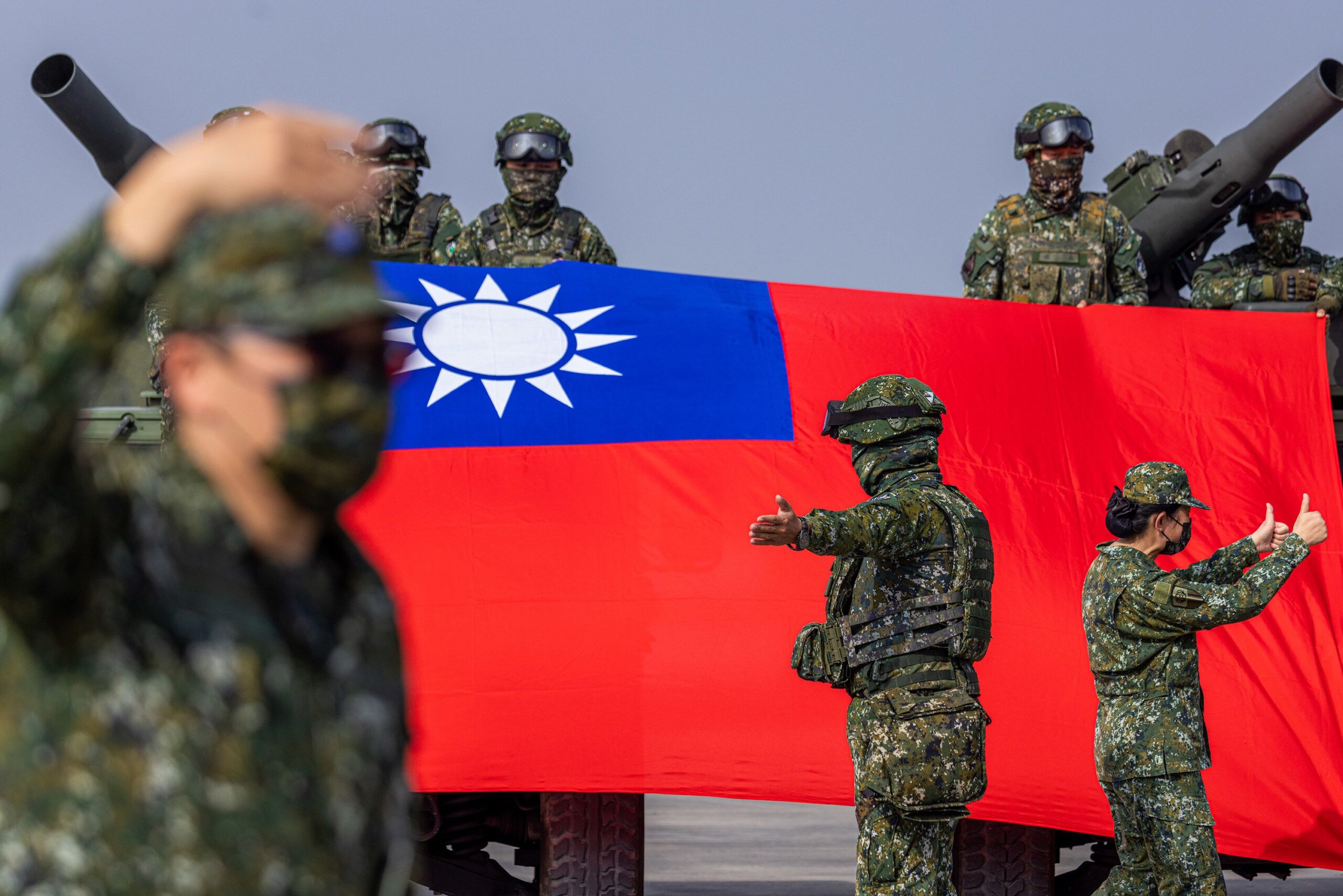- China added 28 U.S. entities to its export control list to safeguard national security and interests, banning the export of dual-use items to these companies. Reuters
- Subsidiaries of Lockheed Martin, General Dynamics, and Raytheon were sanctioned for participating in arms sales to Taiwan and added to China's "Unreliable Entities List." Barron's
- Sanctions include freezing the companies' assets in China, banning investments, and restricting senior executives from entering the country. AP News
- The measures are a response to the U.S. providing $571 million in military aid and $295 million in military sales to Taiwan. Jurist
- China claims Taiwan as part of its territory and views U.S. arms sales as interference in its sovereignty and territorial integrity. The Defense Post
From this perspective, China's latest tariffs on U.S. contractors are seen as a calculated measure to counteract American trade policies perceived as hostile. These tariffs could be interpreted as a continuation of the ongoing trade war, where both nations are vying for economic dominance. By targeting U.S. contractors, China might aim to pressure key sectors in the American economy while signaling its unwillingness to bow to U.S. demands. This perspective frames the tariffs as a form of economic self-defense and a demonstration of China's growing influence in global trade dynamics.
This perspective highlights the tariffs as not just an economic maneuver but a political message. The move could be interpreted as a warning to U.S. policymakers regarding escalating tensions in other areas, such as technology exports or military presence in the Asia-Pacific. By imposing tariffs on contractors, particularly those tied to critical infrastructure or defense, China may be leveraging its economic power to influence U.S. foreign and domestic policies. This framing suggests that the tariffs are less about direct economic gain and more about asserting geopolitical leverage.
From a critical standpoint, these tariffs could be viewed as a short-sighted move that exacerbates economic instability for both China and the U.S., with ripple effects on global markets. U.S. contractors facing increased costs may pass these on to consumers or reduce operations, leading to job losses and slowed economic growth. On the other hand, China's reliance on American goods and services in certain sectors may cause disruptions in its own industries. This perspective emphasizes the mutual harm of trade restrictions, calling for de-escalation and cooperative solutions to avoid further economic damage.
Details
Analysis
Bias

Reactions
The article describes China's sanctions as part of an escalating economic and geopolitical conflict, using terms like 'retaliatory' and 'restrictive measures,' which may convey a critical tone toward China's actions.
Read full article
Negative
Sentiment

The article objectively details China's actions and the reasons behind them, such as Beijing's claim that arms sales violate sovereignty, while also explaining the U.S.'s legal obligations under the Taiwan Relations Act. For example, it notes, 'China views these sales as interference in its domestic affairs,' providing balanced coverage.
Read full article

The article straightforwardly mentions the sanctions and their implications for U.S. companies while contextualizing the actions within China's national security goals and Taiwan's defense strategies.
Read full article

The article explains the sanctions' scope and their limited economic impact on U.S. companies, while also providing context about the Taiwan Relations Act and the broader geopolitical tensions.
Read full article
The article discusses China's sanctions and their connection to Taiwan's defense capabilities, linking the actions to global power struggles but avoiding explicit judgment on their validity.
Read full article
Neutral
Sentiment
The article emphasizes China's perspective, such as its assertion of sovereignty and its adherence to the 'one-China principle,' while portraying U.S. actions as interference.
Read full article

The article describes the U.S. arms sales as serious violations of China's core interests and sovereignty, highlighting the legitimacy of China's countermeasures.
Read full article
The article underscores China's rationale for the sanctions, aligning with its narrative of national security and the one-China principle while framing U.S. arms sales as provocative.
Read full article
Positive
Sentiment





